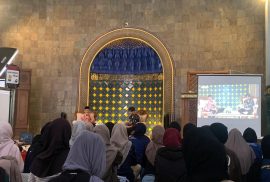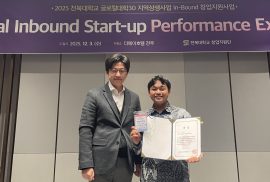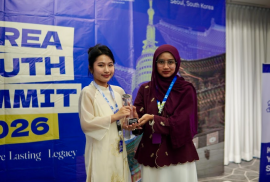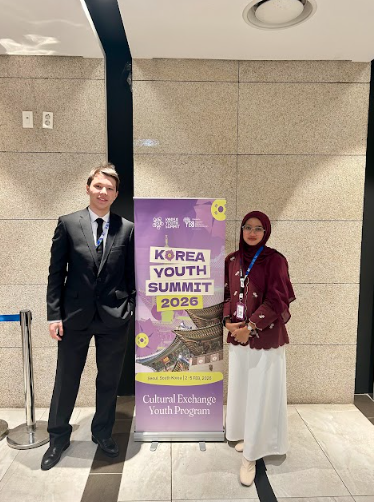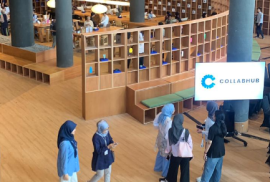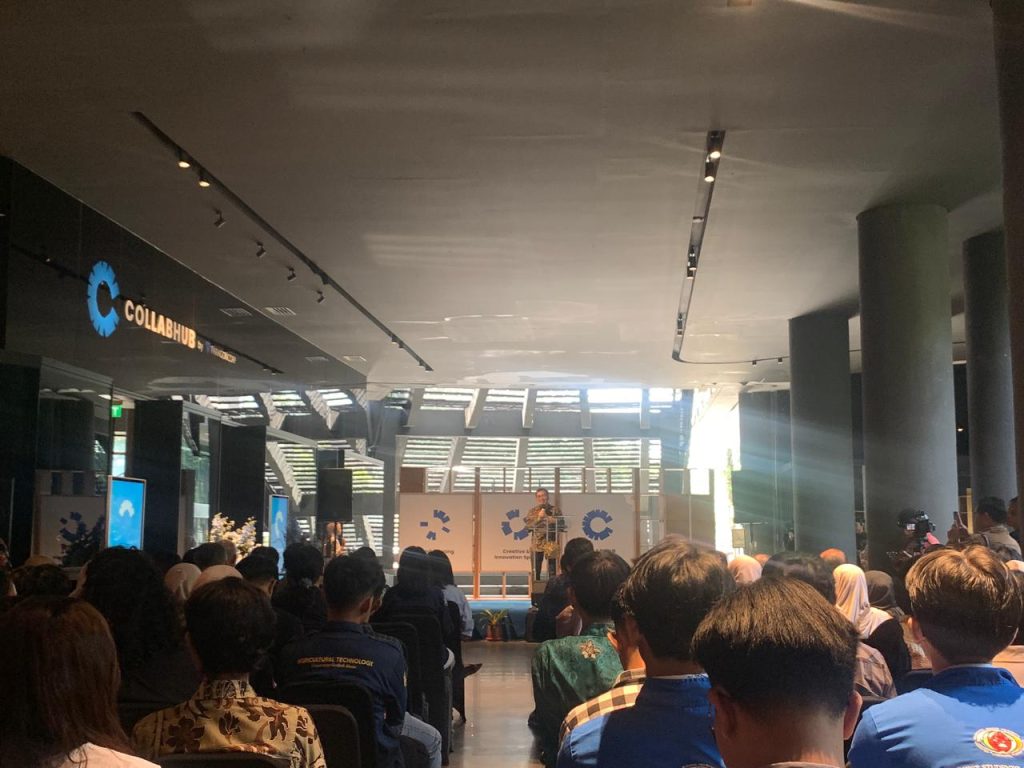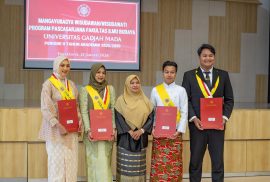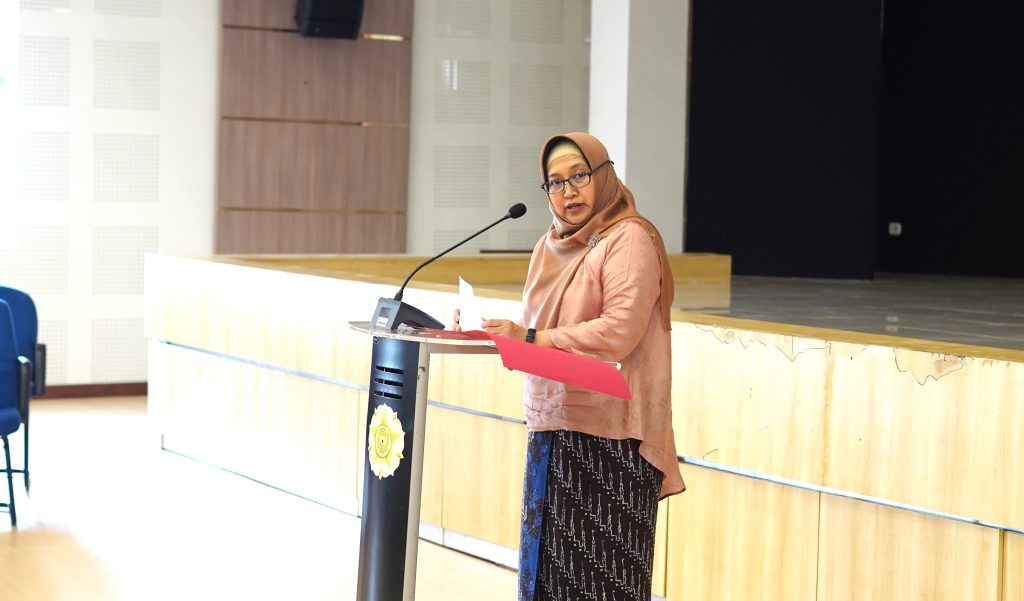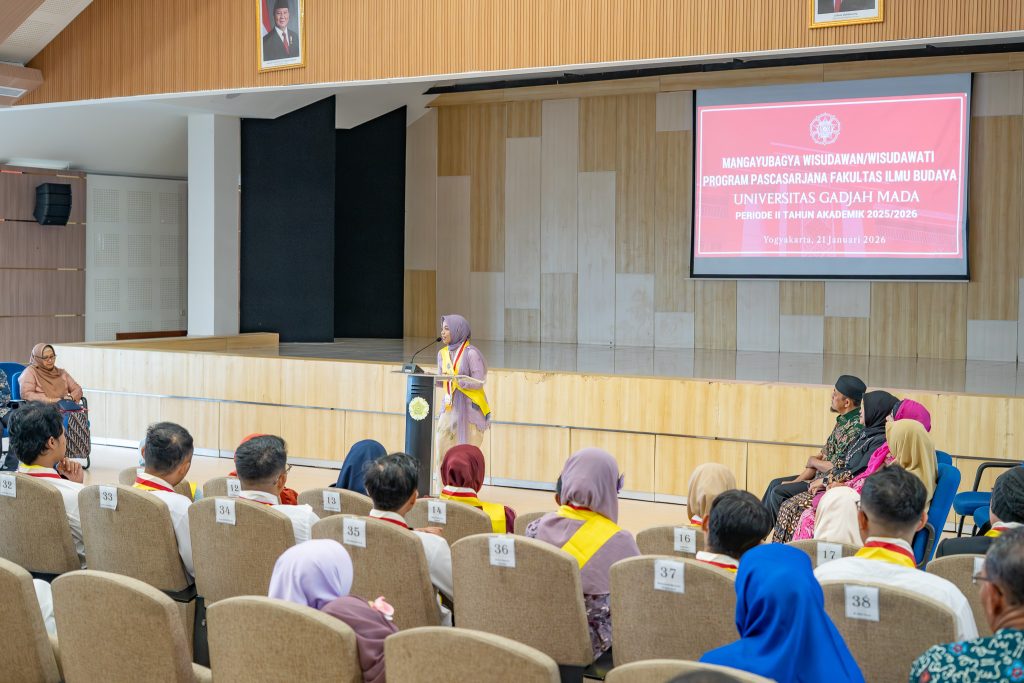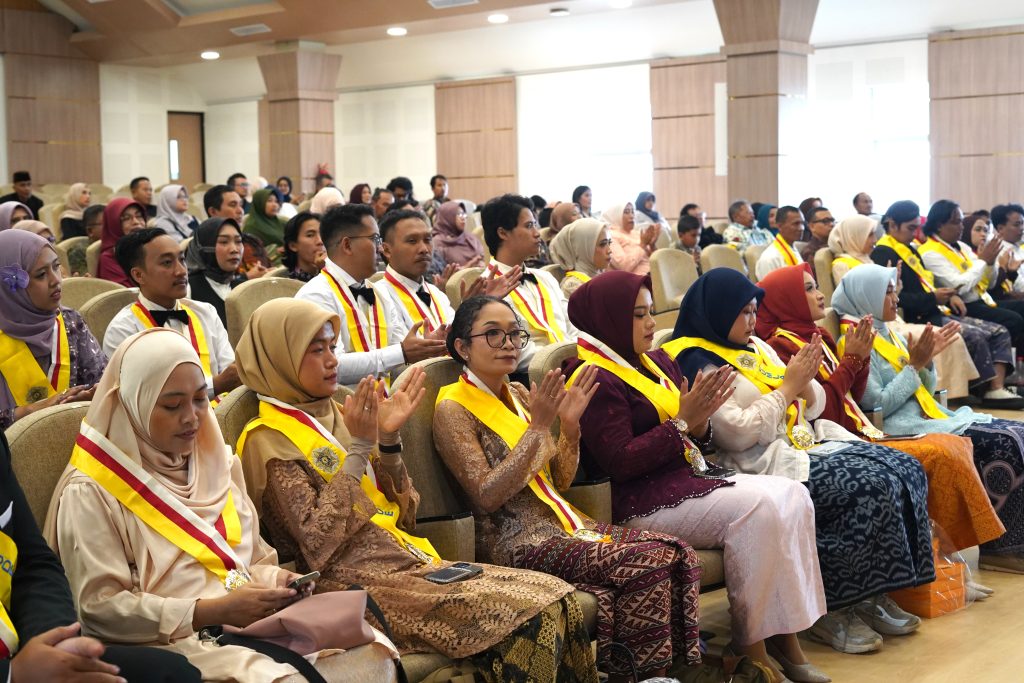Yogyakarta, February 20, 2026 – The Campus Mosque of Universitas Gadjah Mada (UGM) held a public lecture featuring Panut Mulyono, Rector of UGM for the 2017–2022 period, Professor of Chemical Engineering at the Faculty of Engineering UGM, and Chair of the Forum of Indonesian Rectors (2021–2022). In his lecture, Prof. Panut addressed the role of Natural Resources (SDA) and Human Resources (SDM) as fundamental capital for national development.
In his presentation, he emphasized that Indonesia is a nation blessed with a large population and abundant natural resources. However, these advantages must be managed properly through the development of high-quality human resources.
“With strong nationalism and a solid work ethic, we can achieve rapid progress,” he stated. He stressed that excellent human resources can only be produced through quality education.
Prof. Panut also highlighted the importance of learning from prominent national education figures such as Ki Hajar Dewantara, who laid the foundation of Indonesia’s educational philosophy. He further quoted Nelson Mandela, who once said that education is the most powerful weapon to change the world.
According to him, education plays a strategic role in determining a nation’s progress and independence. A country with a weak education system will struggle to advance and may even decline. Conversely, quality education serves as a tool to accelerate national progress, particularly in mastering science and technology and enhancing global competitiveness.
From an Islamic perspective, Prof. Panut connected the importance of education with Qur’anic teachings, particularly Surah Al-‘Alaq (1–5), which emphasizes the command to read and seek knowledge as part of worship to Allah SWT. He also referred to Surah Al-Mujadilah verse 11, which highlights the virtue of those who pursue knowledge.
Furthermore, he underlined the crucial role of higher education institutions in continuously improving and innovating within the higher education sector to achieve national independence more swiftly. Universities are expected not only to serve as centers of learning but also to generate tangible impacts in addressing socio-economic challenges, fostering inclusive innovation, and contributing more significantly to sustainable development.
This study aligns with the Sustainable Development Goals (SDGs), particularly SDG 4 (Quality Education), which promotes inclusive and equitable quality education; SDG 8 (Decent Work and Economic Growth), through the enhancement of human resource quality and work ethic; and SDG 9 (Industry, Innovation, and Infrastructure), by strengthening the mastery of science and technology to drive national advancement.
Through this forum, the UGM Campus Mosque serves not only as a spiritual space but also as an intellectual platform that fosters strategic ideas for Indonesia’s progress toward becoming an independent and globally competitive nation.
[Public Relation of FIB UGM, Alma Syahwalani]

